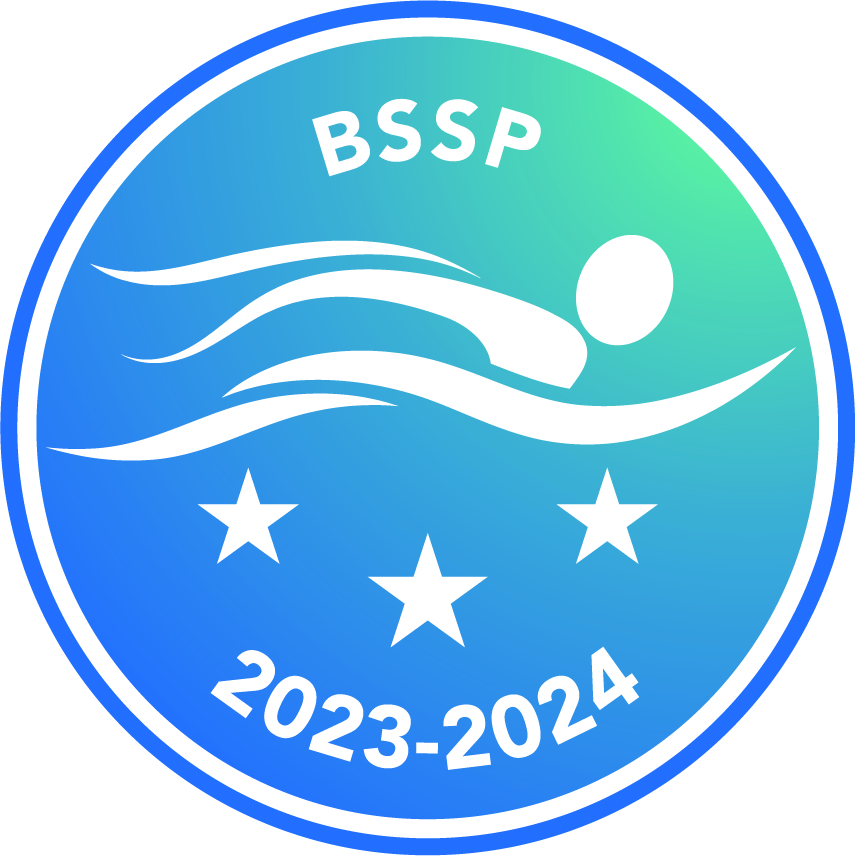Geography
All pupils at The Downley School are immersed in a carefully crafted Geography curriculum that is broad and balanced, deep and rich; relevant to life in modern Britain and our global community. This encourages all pupils to become resilient, lifelong learners, whatever their starting point or ability.
Our Geography curriculum enables pupils to learn, grow and succeed together and is underpinned by our six values.





